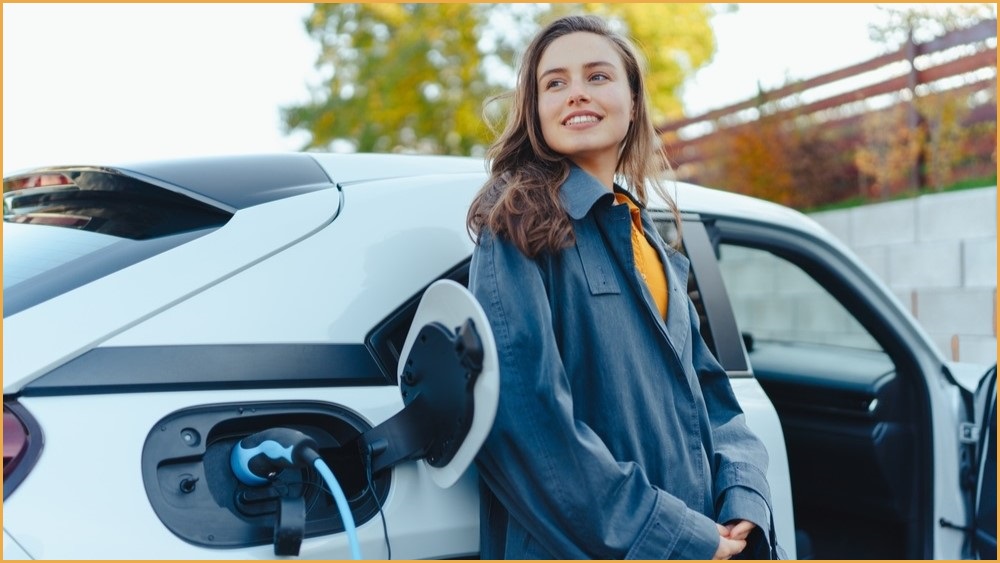The Victorian government will repay with interest the money collected through its unconstitutional electric vehicle tax.
Over the last two years, EV owners in Victoria have been charged 2.8c by the state government for every kilometre travelled, something the High Court ruled last month was not constitutionally valid.
Electric vehicle (EV) owners who had been subject to the tax over the last two years will be repaid over the coming months, state treasurer Tim Pallas confirmed on Wednesday.
“The advice is we should be repaying those bonds,” Pallas told the media.
“We’re now going through the process of identifying who it is we need to rebate, and we’ll go through the process of making those returns.”
Since being introduced in mid-2021, the tax for every kilometre travelled by an EV owner has raised about $7 million, including $3.9 million in the last financial year.
The tax had been on track to raise as much as $6 million by mid-2024.
The state government will now repay this amount with interest.
“We’ve even decided to be sufficiently generous, albeit that there isn’t an obligation to pay interest, to pay the interest on the retention of those funds,” Pallas said.
“It’s a relatively small amount. What is not a relatively small amount is a reimagining of the constitution by the High Court…and it’s going to cause very substantial problems for every state.”
The state Opposition has criticised the government for not repaying the money raised quickly enough.
“For goodness sake, they’ve known since October that this tax was collected illegally,” shadow treasurer Brad Rowswell said.
“They didn’t need to wait for advice, the government should have done the right thing at that time and got in place a system to return this money to Victorians who need it now more than ever.”
In mid-2021, the Victorian government introduced a charge for all electric, hydrogen and plug-in hybrid vehicle owners for every kilometre they travelled.
Under the policy, drivers of electric and hydrogen vehicles were charged 2.8c for every kilometre travelled, while plug-in hybrid owners were charged 2.3c.
Soon after its introduction, EV owners Kathleen Davies and Christopher Vanderstock challenged the validity of the tax, arguing it was an illegal “tax grab” and an “excise”, something that state governments cannot impose.
In a 4-3 contested decision, the High Court found that the EV tax was unconstitutional last month, finding it was not a “licence or permit fee” but rather a tax on the use of an electric vehicle, something only the Commonwealth can impose.
The decision has thrown a spanner into the plans of a number of other states, including New South Wales and Western Australia, to introduce similar taxes.
The Victorian EV tax had been designed to mirror the Commonwealth fuel excise, which charges owners of fuel-powered vehicles for road maintenance.
States have been grappling with a decline in revenue from this excise in recent years, and have tried to recoup some of this from electric vehicle owners.
The High Court ruling means it is now unlikely that electric vehicle owners will be charged for the maintenance of the roads that they are using.
Following the High Court ruling, NSW Treasurer Daniel Mookhey said the government was considering its options going forward.
“[The] ruling could see drivers of non-electric vehicles as the only road users making a contribution to road maintenance,” Mookhey said last month.
“This raises significant questions about the fairness of existing tax arrangements during the transition to net zero.
“The NSW government will also begin discussions with the other states and territories on the matter.”
At a federal level, plans are underway for the introduction of a fuel efficiency standard, which will impose a limit on the total average emissions allowable across cars sold in Australia, with an aim of incentivising the development and sale of electric vehicles.










